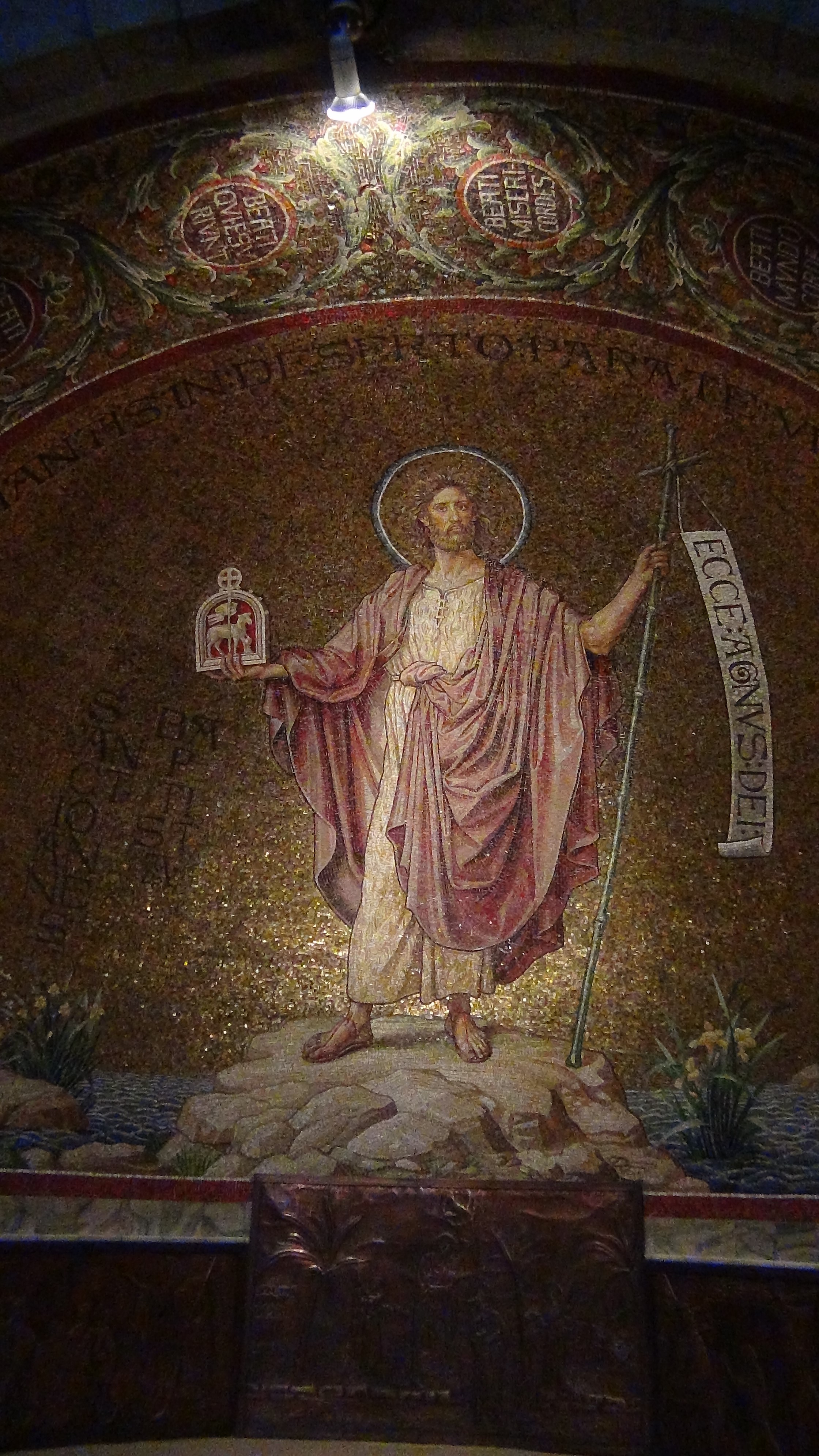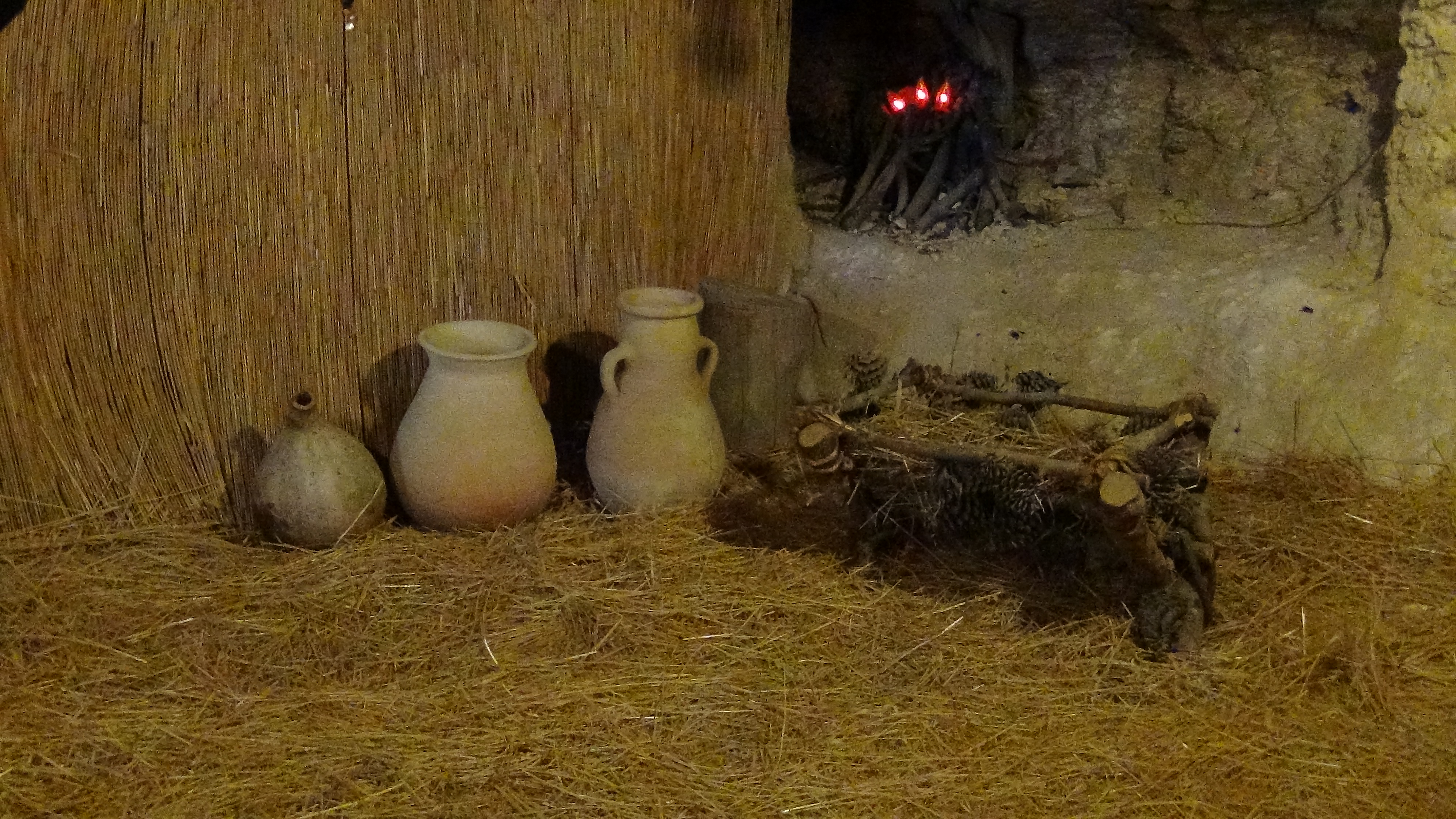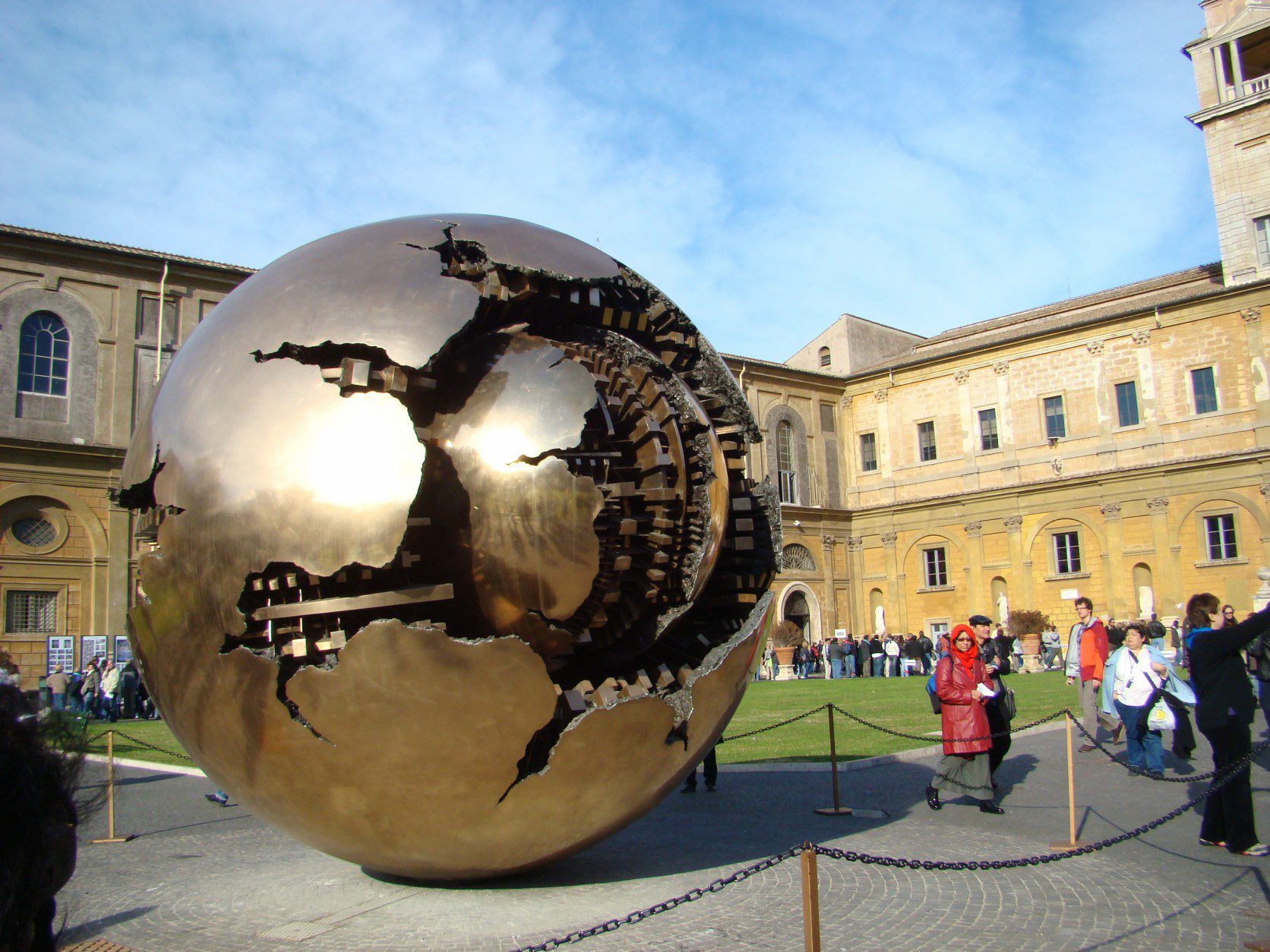Am. 8:4-7; Ps. 113:1-2, 4-8; 1 Tim. 2:1-8; Lk. 16:1-13
God or mammon, the choice is ours. So is the choice for honesty or dishonesty, truth or lies, generosity or covetousness but both cannot coexist as a reality of the heart. Mammon is the “devil of covetousness”. The readings draw for us this contrast that we may discern our true heart’s desire. The desire for God is a heart of generosity. Spinoza the philosopher says “if love is the goal, generosity is the road to it.” God is love thus if we desire love we desire God and if we desire God then generosity is the road to him. Mammon is the desire of the heart that says “me first” and “too bad so sad for you.”
The one who holds onto the devil of covetousness is their own God and all others are objects in the way or a means from where to gain the riches the heart desires to possess. It is the psychology of “winners and losers and all is fair in love and war”. It makes for great drama in movies and theatre but for the reality of life it is all a tragedy. To those who “fix our scales for cheating” the Lord says “Never will I forget a thing they have done!”
Never means never! So, what about when the Lords says, “I will never again remember their sins” in Jeremiah 31:34 and again in Hebrews 8:12? In God there is no contradiction. The difference is between those who choose God, confess and are forgiven and those who chose mammon where the Lord says, “When he is judged, let the verdict be ‘Guilty’, and when he prays, let the prayer turn to sin.” (Ps. 109) We like to say “Don’t mess with Texas”. Today we hear “Don’t mess with God!” God or mammon is an eternal choice.
The devil of covetousness is the father of lies and if we believe there are only winners and losers then the choice is to win at the cost of others unless of course you are a follower of the way of the cross, God’s way. As Mathew 16:26 reminds us “What profit would there be for one to gain the whole world and forfeit his life?” For mammon, if you want to be a winner you accept the premise that others must lose by default. The “low hanging fruit” of losers to pick on are the poor, those who have the least authority, and those who are most “needy” of the scraps from the table of indulgence. God or mammon, the choice here is clear. When God is forgotten the devil wins our souls. The prudent choice for eternity is God.
Jesus poses a challenge to us this day to be spiritually prudent. The account of the rich man and his steward demonstrates “For the children of this world are more prudent in dealing with their own generation than are the children of the light.” The children of the light are the baptized children in the faith given the light to act prudently through the Holy Spirit. Prudence is one of the four cardinal virtues to judge rightly the will of God in our lives. The children of the world as in the steward figure out how to manipulate the situation for their benefit “dishonest in small matters is also dishonest in great ones” yet acting prudently for their own good. How much more should the children of the light act prudently for their spiritual good?
Can we say Jesus acted prudently when “Though our Lord Jesus Christ was rich, he became poor”? To die to self for the other is love that we may all have the choice of God or mammon, heaven or hell, the Lord’s generosity or our own covetousness. Are we worth that sacrifice? The Lord said “yes” and is here to redeem us even if it is one sheep that is one soul at a time. Why? Because the Lord cannot deny himself who he is as our Father the creator, the Son the redeemer and the Holy Spirit the sanctifier, the one God in three persons.
Prudence is living with the end in mind. What we do matters for the moment and with a lasting consequence. It is the house that is not built in one day but every day adds to the structure of what is to come. Scripture reminds of having a house on a firm foundation of faith, hope and love. The world reminds us that it is also possible to have a house of cards built by illusion, by meta technology and to easily become lost in it. When the trials of life come there is no solid foundation and it all comes crashing down. Once a moment of time is gone, we cannot go back and recover it and for some things there is no “reset button”.
Living with the end in mind does not diminish nor deny the idea of living one day at a time, being in the present, or trusting in the Lord. We don’t all of a sudden throw caution to the wind with the attitude of “se la vie”, that’s lifeor a “que sera sera” whatever will be will be. We trust in God’s divine providence yet prudently act as if he has now placed his trust in us because he has. God is trusting in us as a Father to do the right thing, to be his witness of love, to go into the world not to be immersed in worldly things but to be a voice of truth, Godly truth.
There is a misconception that our actions have little consequence in this world compared to the great cosmos. We make it all about our own little place, it is all about us so whatever we choose the attitude is “what difference does it make?” It makes a great difference for God. It made a great difference for our Blessed Mother to give her fiat to the Lord as a vessel of eternal grace that brought us Christ into the world. It makes a great difference to the child who is not aborted but given life to make a contribution to this world that can last for generations. It makes a great difference when a person accepts to carry their cross in redemptive suffering as an offering to God rather than end of life choices through suicide or euthanasia.
Prudence is acting in right judgment for the whole picture of life, our God given purpose, our calling for this day that leads us to the greater glory of God. Our choice matters greatly to God. It unites us to him or separates us from him. It is the choice of God or mammon, heaven or hell. Choose wisely!









Recent Comments